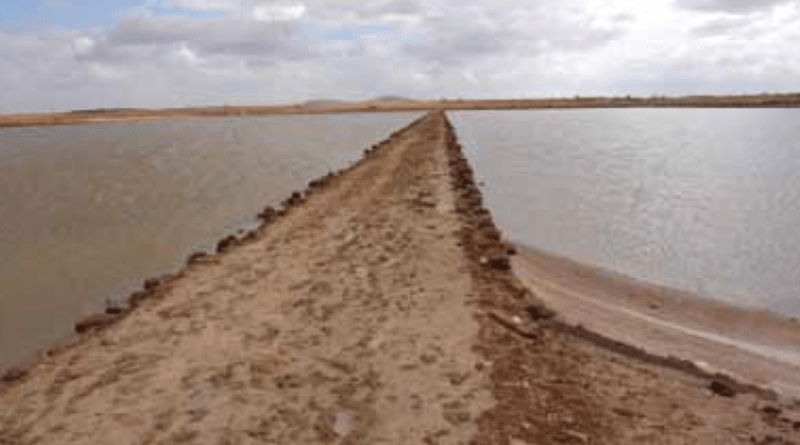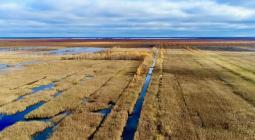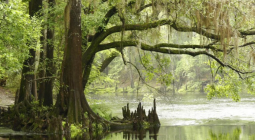MOROCCO: studies underway to develop the Sebkha Zima wetland

In Morocco, Sebkha Zima Lake will soon be an instrument for promoting ecotourism thanks to studies undertaken with a view to its development.
Over the coming months, Morocco will strengthen the protection and attractiveness of the Sebkha Zima wetland located between the cities of Safi and Marrakech. In three stages, the project provides for the design of a strategy for safeguarding and promoting Sebkha Zima, the development of urban plans and development of this Site of biological and ecological interest (Sibe ) . It is within the framework of the Master Plan for Protected Areas in Morocco initiated in 1996 by the authorities of the Sherifian kingdom.
This lake, which extends over 760 hectares at an altitude of 365 meters, is threatened by urbanization, the intensification of agriculture, forestry production, drainage, water withdrawal and the extraction of materials. So many problems common to all wetlands and which endanger the rich vegetation of Sebkha Zima, essentially composed of halophilic species (adapted to salty environments, Editor's note). This disadvantages the development of ecotourism.
Normally, there are, for example, plants such as salicornia and mangrove. Thus, the studies led by the Moroccan Ministry of the Interior should lead to the preservation of this floristic potential, particularly through the creation of a cultural museum, the development of access routes to the lake, and the organization of excursions. with guides trained in the 14th and 15th Sustainable Development Goals (SDG14 and 15) which are respectively focused on the protection of aquatic and terrestrial biodiversity
This is not the first nor the last initiative by the Moroccan government aimed at safeguarding ecosystems. In this regard, the municipality of Khénifra located 271 kilometers from Rabat recently launched with the Moroccan Association for Ecotourism and Nature Protection, “the Observatory of Wetlands of the Cedars of the Atlas.” The aim is to fight against logging and overgrazing, and other human activities which put pressure on the water resources of the reserve made up of the national parks of Ifrane, Khénifra and the Eastern High Atlas.





